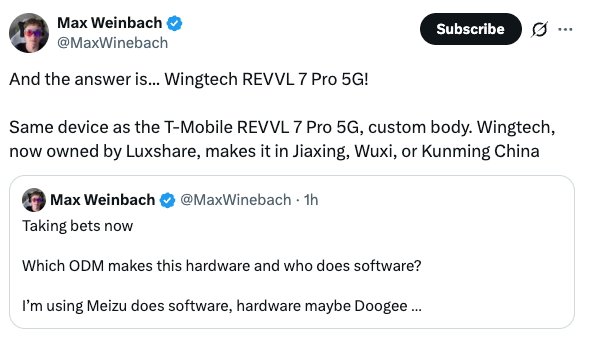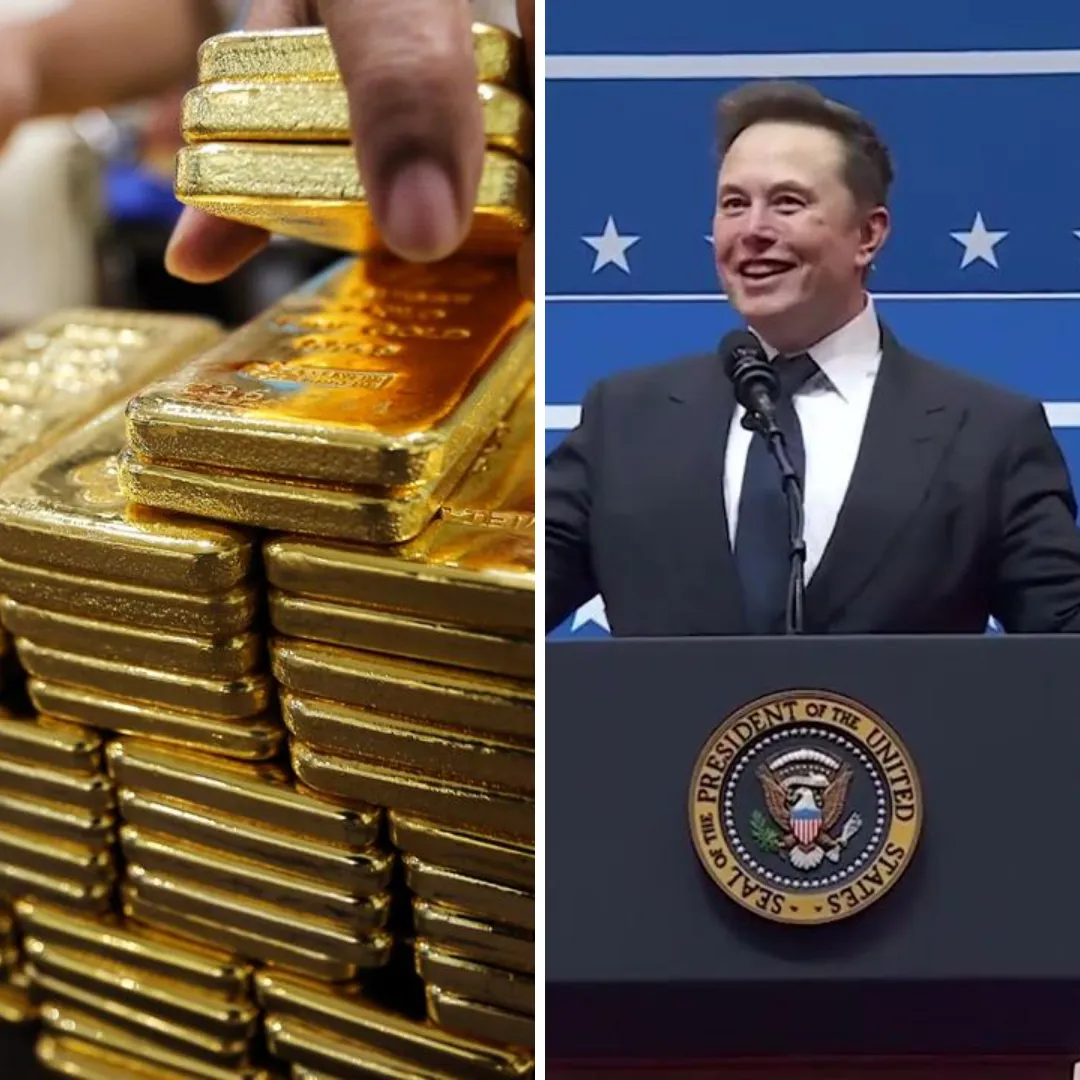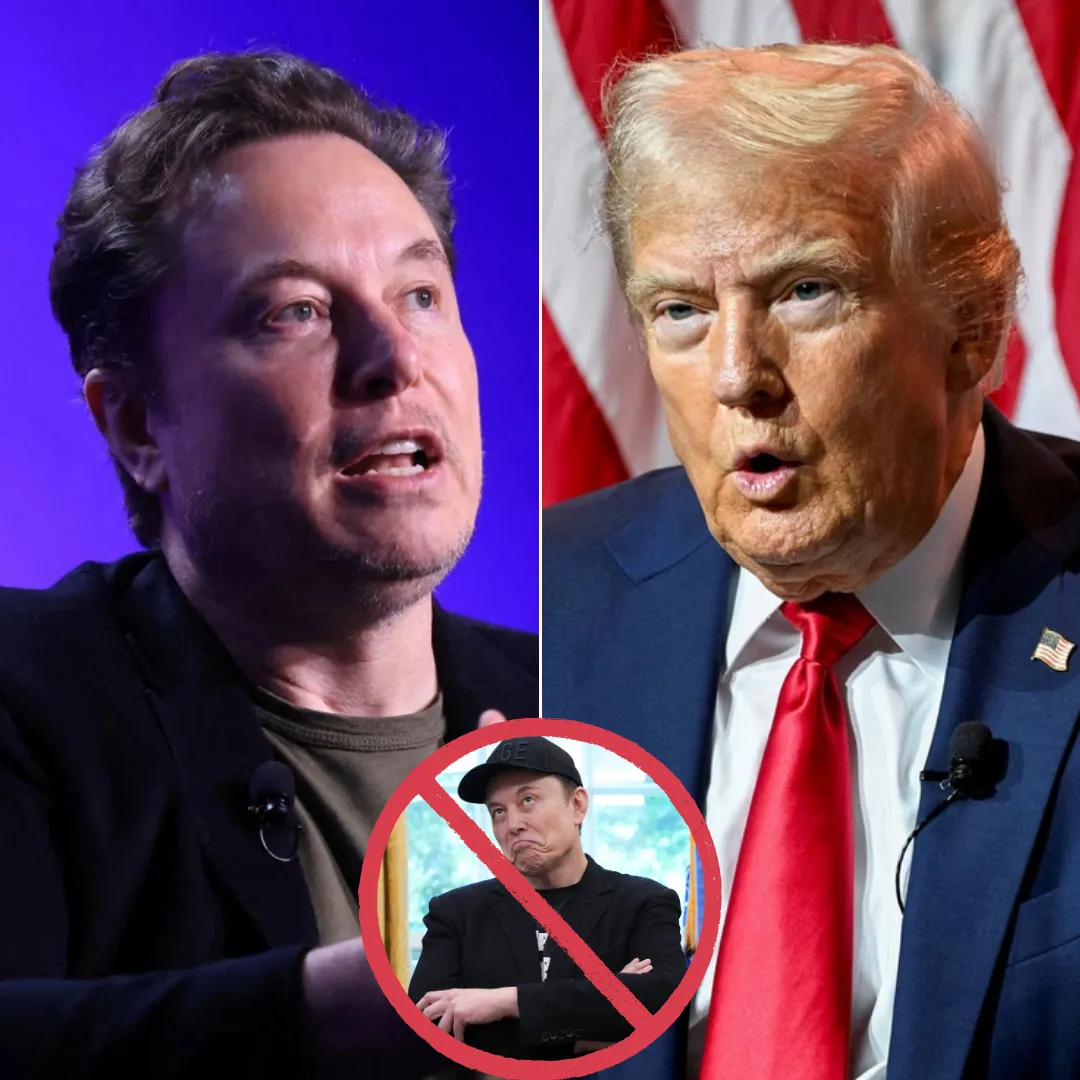
The Trump Organization’s latest venture into the mobile market, Trump Mobile, has introduced the T1 smartphone, a $499 device that is marketed as "Made in the USA." The phone was unveiled amid much fanfare, with claims of American craftsmanship and a patriotic appeal.
However, just hours after its release, social media experts and tech analysts quickly uncovered that the T1 smartphone is, in fact, manufactured in China—revealing a significant discrepancy between the marketing claims and the reality of the product’s origin. This revelation has sparked controversy and raised questions about the credibility of the claims surrounding the T1 smartphone and Trump Mobile itself.
The Trump Organization’s launch of Trump Mobile is seen as a strategic move to capitalize on the Trump brand, with its services and products targeting an American audience that values nationalistic messaging. Trump Mobile has positioned itself as a new, all-American mobile service provider, complete with U.S.-based call centers, a customer-first approach, and a “Made in America” smartphone.
In a time when many consumers are seeking alternatives to traditional tech giants like Apple and Google, the T1 smartphone seemed to offer a unique appeal.
Trump Mobile’s press release specifically boasted that the T1 smartphone was “designed and built in the United States.” This claim was further amplified by Eric Trump, who was quoted as saying that “making phones in America is about time we bring products back to our great country.”
However, upon closer inspection, the T1 was revealed to closely resemble the T-Mobile REVVL 7 Pro 5G, a device manufactured by Wingtech, a Chinese-owned company. The components for the T1, including the AMOLED display, camera modules, and other vital parts, all come from overseas suppliers, raising significant doubts about the "Made in America" label.
Trump Mobile’s offerings are structured around two main products: the service itself and the T1 smartphone. While the mobile service offers what is advertised as “top-tier connectivity,” it is essentially a mobile virtual network operator (MVNO) that resells network access from major carriers like Verizon, AT&T, and T-Mobile.
The $47.45 monthly plan, a number that references Trump’s presidency (he was the 45th President, and the price is a nod to his current status as the 47th President), includes unlimited talk, text, and data with the first 20GB of data offered at "high speed." Additional services, such as roadside assistance and telehealth, are touted as perks, but the cost of these services is largely unclear, with potential hidden fees for users who exceed basic usage limits.

The T1 smartphone, priced at $499, is presented as a premium device with specifications that match mid-range Android smartphones. It boasts 12GB of RAM, 256GB of storage, a 6.8-inch AMOLED display, and a 50MP primary camera.
However, the phone’s price point and its base specs do not align with those of other smartphones in the market, especially when considering the fact that similar devices, such as the T-Mobile REVVL 7 Pro 5G, retail for $250 or less.
The T1’s price is significantly inflated, especially when considering that it is essentially a rebranded version of an inexpensive Chinese phone, with minor tweaks and a gold-colored trim.
One of the most problematic aspects of the T1 smartphone’s release is the claim that it is "Made in America." Given that the phone’s core components, including its display, cameras, and processors, are all sourced from overseas, this claim seems misleading at best.
As the tech community quickly pointed out, even major U.S.-based companies like Apple struggle to manufacture their devices entirely in the U.S. due to the complexity of the global supply chain and the high costs associated with domestic manufacturing.
Apple, despite its enormous resources, has consistently assembled its iPhones in countries like China and India, and even President Trump, during his time in office, called for Apple to bring iPhone manufacturing back to the U.S. However, Apple has faced significant obstacles in making this a reality, with issues ranging from labor costs to lack of infrastructure for large-scale manufacturing.
The Trump Organization’s attempt to make this a reality with the T1 smartphone seems even more far-fetched, given the relatively small scale of its operation.
The claim that the T1 is “Made in America” appears to be part of a broader marketing strategy aimed at appealing to Trump’s base, who value nationalism and the promise of bringing manufacturing jobs back to the U.S. However, the reality of manufacturing in the U.S. is far more complicated, and even the Trump Organization, with its vast resources, has not been able to bring this vision to life on a large scale.
Trump Mobile’s strategy to enter the highly competitive mobile market with a budget-friendly smartphone and resold carrier services is, at best, a niche play aimed at Trump supporters. While the $499 price tag may appeal to certain customers, the device’s overall value proposition is weak when compared to other options in the market, particularly when considering the rebranded Chinese origins of the T1.
In comparison, mid-range smartphones from brands like Google, Samsung, and OnePlus offer similar or better specifications at comparable prices, without the nationalistic gimmicks.
The T1’s biggest competition comes from Apple’s iPhone 17, which is expected to be released around the same time as the T1. Apple’s iPhones, while more expensive, offer cutting-edge technology, superior build quality, and a seamless ecosystem that makes them hard to beat in terms of overall value.
The iPhone 17’s powerful A17 Bionic chip, superior camera system, and industry-leading software and support place it far ahead of the T1 in terms of performance and longevity. Additionally, the T1 lacks the integrated ecosystem that Apple has built around its devices, which is a huge selling point for many consumers.
Social media sleuths and analysts quickly discovered that the T1 smartphone shares an uncanny resemblance to the T-Mobile REVVL 7 Pro 5G, a device made by Wingtech, a Chinese manufacturer. This revelation adds further credibility to the idea that the T1 is little more than a reskinned version of an inexpensive Chinese-made phone, with the Trump Organization slapping on a gold-colored exterior and rebranding it as an “American” product.
This discovery has sparked a backlash, with many questioning the authenticity of the Trump Organization’s claims about the T1’s origins. The lack of transparency regarding the phone’s components and assembly process, as well as the inflated price, has left many consumers feeling misled.
In conclusion, the Trump Organization’s foray into the mobile market with the T1 smartphone and Trump Mobile network is more of a branding play than a genuine attempt to disrupt the mobile industry. While the “Made in America” claims were likely designed to appeal to Trump’s base, the reality is that the T1 is a rebranded Chinese phone, sold at a premium price with questionable specs.
The launch of Trump Mobile and the T1 smartphone may draw attention, but it is unlikely to significantly challenge Apple’s dominance in the U.S. smartphone market.
For now, it appears that Trump Mobile and the T1 will remain niche products, appealing primarily to Trump supporters who are looking for a patriotic alternative to mainstream mobile offerings. However, without real innovation or a competitive edge, the T1 smartphone is unlikely to make a lasting impact on the broader mobile market.
The controversy surrounding its origins and the lack of transparency only add to its uphill battle to gain consumer trust and widespread adoption.







